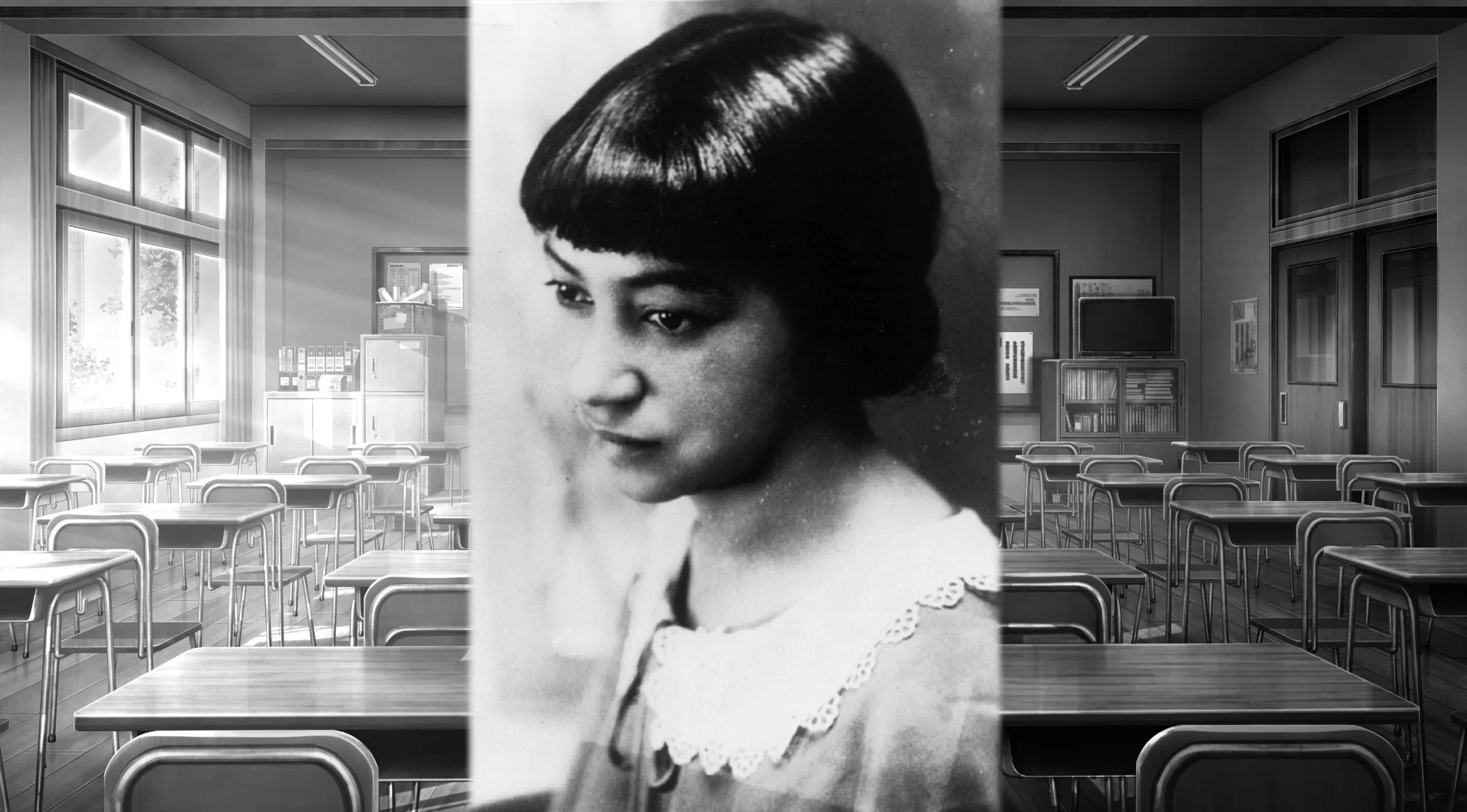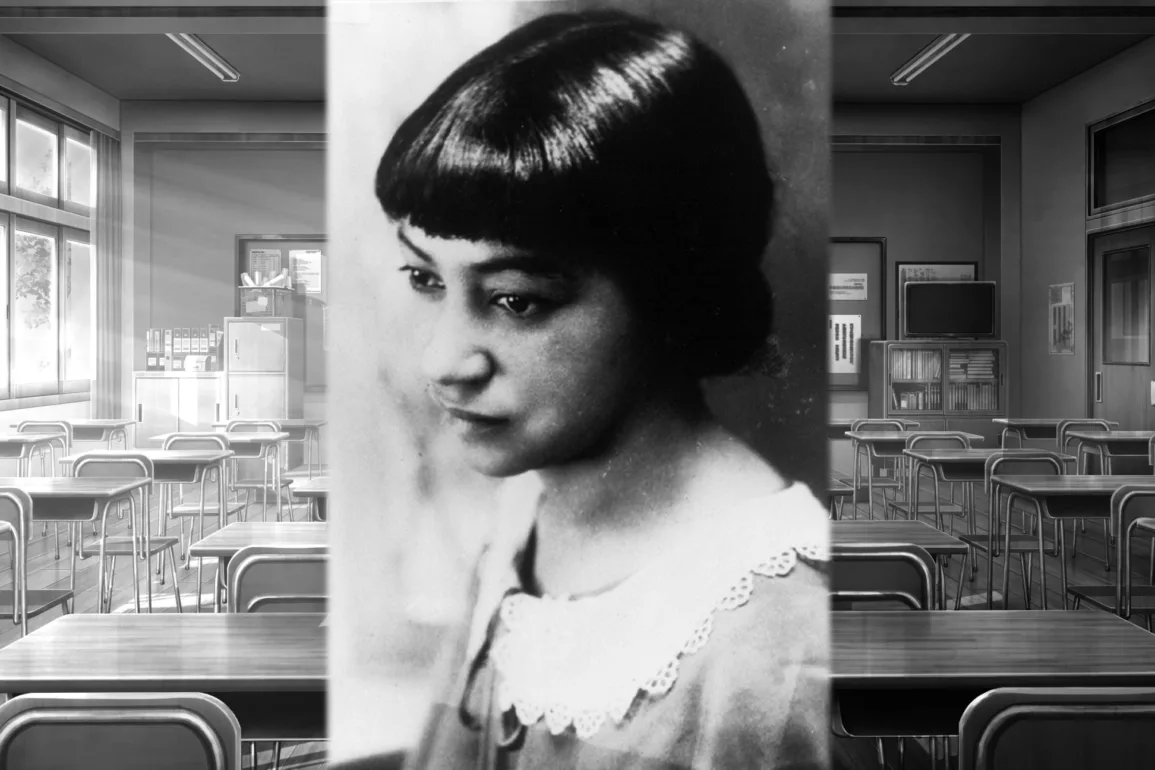
Despite the prevalence of anti-Black racism in American schools, popular texts in educational psychology have historically excluded the work of Black psychologists. This doesn’t sit well with Sharon Tettegah, a professor of educational psychology at UC Santa Barbara, whose recent publication in American Psychologist addresses the need to right the historical record.
“When Black scholars — and their lived experiences and cultural epistemologies — are not represented in the canon of popular texts, educational psychologists are taught to think of educational psychology from a White perspective, where Whiteness becomes both the norm and the ideal,” Tettegah said.
Using an Afrocentric and critical race theoretical framework, lead author Tettegah and co-authors Alison Cerezo, Terrance Wooten and DeLeon Gray review the works of four prominent Black psychologists: Inez B. Prosser (1897–1934), A. Wade Boykin (b. 1947), Barbara J. Robinson Shade (b. 1933), and Asa Hilliard III–Baffour Amankwatia II (1933–2007).
Each scholar has played an important role in American schools and yet has been largely ignored in the field of educational psychology and research that focuses on psychology in schools. Their combined impact ranges from pursuing innovative research topics and methodologies to providing expert testimony in landmark civil rights legislation; and leading higher education initiatives with generation-wide impacts on Black learners and communities. Their research and recommendations advances the field toward a position of eradicating anti-Black racism and toward uplifting and centering the voices of Black learners.
The authors noted that similar to other fields of psychology, educational psychology has historically been dominated by white scholars. Foundational readings in educational psychology, focused on teaching and learning, have been widely based on racially and culturally biased ideologies. Moreover, they lack Black perspectives.
“It’s about Black psychologists who contributed in a positive way to the cognition and learning of African Americans,” Tettegah said. “They were studying the learning environments of Black learners and they are not talked about.”


